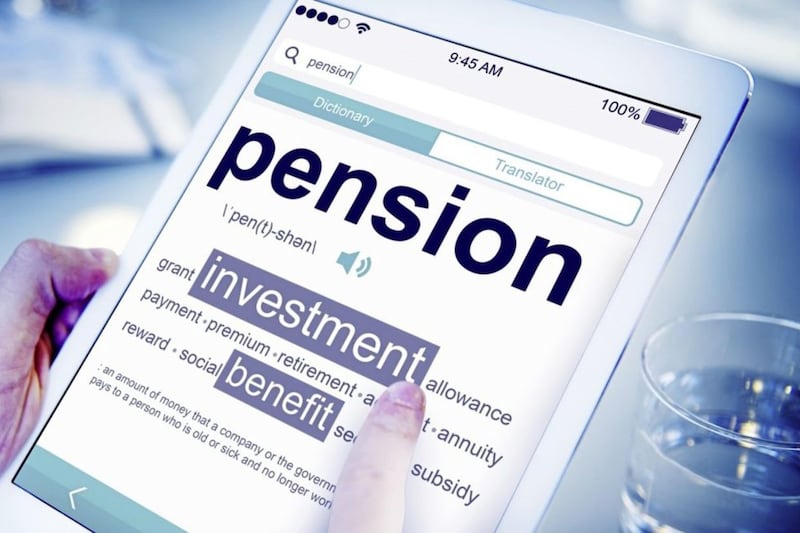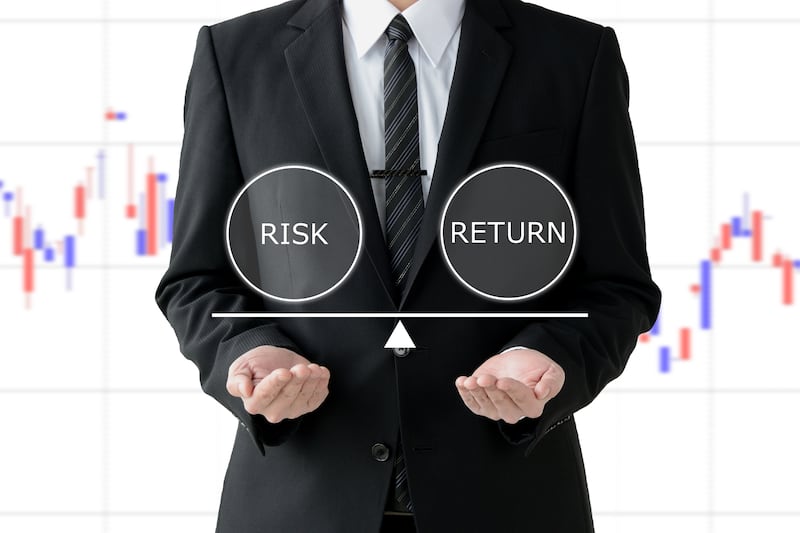HAPPYLAND is a magical realm inhabited by elves, goblins, fairies, leprechauns, and assorted other self-employed workers.
The Happylanders are a cheery bunch, going about their daily business without a care in the world.
In Happyland, time seems to stand still, they spare not a thought for the day when they will be too old to skip through the sunny glades gathering up their daily diet of acorns, berries and magic mushrooms.
But wait! Now the evil trolls at London’s Institute for Fiscal Studies (IFS) have brought some worrying news.
They’ve identified a growing ‘pension timebomb’ that could result in widespread poverty for self-employed creatures, when they retire.
It would appear that stopping work in Happyland may not be a happy landing.
Out here in the real world, it’s the same. If you are self-employed - and we just have to grasp the nettle on this one – you are in a group that is becoming less and less inclined to save for retirement, but the numbers of the group, as a section of the population, is rising fast.
The IFS* say that in 1998, half of self-employed workers (48 per cent) were saving into a private pension for themselves.
Over the following 20 years to 2018, this fell to just a sixth (16 per cent).
At the same time, the 3.4m self-employed in 1998 has risen to 4.8m – they went from making up 13 per cent of the population to 15 per cent.
The plight of self-employed service workers, tradesmen or hairdressers for instance, has taken a catastrophic blow this year; the demand for social distancing has given us the new term ‘close contact workers’, and the roles of the self-employed were first to be hit when we moved into lockdown in March. Soon, they could be going there again.
The income of those working for themselves has nosedived during the same 20-year period, contributing to difficulties in paying into to a pension.
From 1998-2018, there were a few early, encouraging years when average wages rose slightly, but after the financial crisis, average self-employed wages in 2018 were actually lower than at the beginning. That’s two decades of decline in wage growth.
One of the problems about being self-employed is that you are invisible to policymakers.
You were obviously invisible in 2012, when the introduction of auto-enrolment meant that your full-time colleagues in companies were placed into a workplace pension, and they and their employer were required to pay into it. Meanwhile, the self-employed were not included, nor offered any additional incentive to save.
It will come as no surprise that you have to be able to afford to save into a personal pension.
Last year, government advisors said: “There are clues that all but the highest-earning self-employed workers are turning their backs on pensions. It’s a reminder that a lot rests on the government’s work where they are testing nudges to boost saving among the self-employed.”
This was based on HMRC figures that the effective tax relief granted to self-employed people saving into a pension was 40 per cent. To qualify for that amount of tax relief today, you have to be earning over £50,000.
This would indicate that mostly the higher-earning self-employed are financially in a position to take care of their retirement.
As for the lower earners, well, things don’t happen fast in Happyland and surprise, surprise, we’re still waiting for those ‘nudges to boost saving’.
Is it worth sitting down with your friendly neighbourhood adviser to talk about planning for a more comfortable retirement?
Does your current plan for retiring make you ... happy?
*Report ‘IFS: Retirement saving of the self-employed (2020)’
Michael Kennedy and Shaun Doherty are independent financial advisers and pensions specialists and can be contacted on 028 71886005. Further information on Facebook at Kennedy Independent Financial Advice or at www.mkennedyfinancial.com







